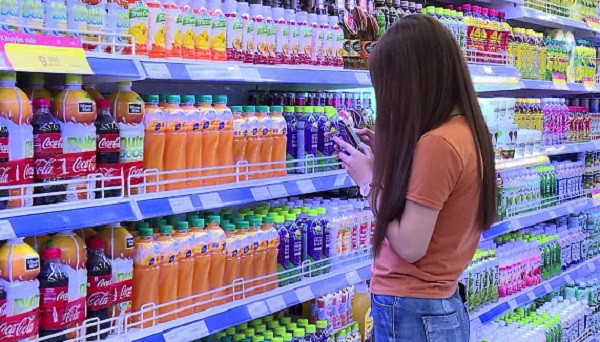Vietnam: Mixed opinions with regard to the proposal imposing 10% excise taxes on sweetened beverages
On August 2017, the Ministry of Finance has issued the first proposal, in which for the first time sweetened beverages are subject to excise tax. This time, the authority clarified the excise tax rate for these products is of 10%, in addition to 12% of VAT. As such, all sweetened beverages, regardless of whether it is soft drinks, tea, coffee or energy drink will be under the imposition of excise tax, excluding dairy products. The Ministry of Finance referred to the current adult obesity rate in Vietnam accounted for 25% of the population. For children under 5 years of age, the obesity rate has increased rapidly from 0.6% in 2000 to 5.3% in 2015, while this rate in Ho Chi Minh city has increased to 10.8%, and 12% in the downtown area. As such, Vietnam’s obesity rate is higher than the average rate of the Asian region and developing countries (the current global obesity rate is at 6.9%).
Meanwhile, based on the recommendation of the World Health Organization (WHO), sweetened beverages have negative impact on customers’ health. In order to orient and restrict the use of sweetened beverages, currently there are 40 countries all over the world imposing excise taxes on these products. Mean while, some countries in the region have also imposed excise taxes on sweetened drinks, specifically: Thailand regulates nonalcoholic drink under the subject of 25% tax or US$ 0.024 per 440cc bottle, and soft drink is under 20% tax or US$ 0.011 per 440cc bottle; in a similar move, Lao also regulates excise tax on nonalcoholic drink at 5% tax rate and energy drink of 10% tax; Cambodia and and Myanmar also regulate excise tax on sweetened drink at 10% and 5%, respectively.
On the other hand, two ASEAN members are expected to impose excise tax on sweetened drink, such as Philippines and Indonesia. As expected, the 10% excise tax on sweetened drink will create revenue of nearly VND 5 trillion VND (roughly US$ 220 million) for the state fund.
Meanwhile, some express concern over the imposition of excise tax of 10% on certain sweet beverage will hurt investors in the beverage industry and consumer. Small and medium enterprises will hurt the most and may be even eliminated. Since the price of beverage products will be increased, the volume of sale will likely to be reduced, causing the decrease of the revenue, while the costs for production will be increased due to the increase of sugar price. Consequently, profit of beverage companies will be affected. Big companies may afford to stay in the business, but small and medium businesses will be seriously hurt and may even be eliminated if they do not have strong financial capability.
When the price is increased, it wont hurt much middle income consumers in big cities like Hanoi and Ho Chi Minh city, who can afford to pay additionally a few more thousand VND for a drink. However, it is not the same for low income consumers, especially those from rural areas, who are struggling to increase a few more thousands dong for their daily income. Thus, the increase of the price will limit low-income earners from affording beverage products.


 Thailand
Thailand




